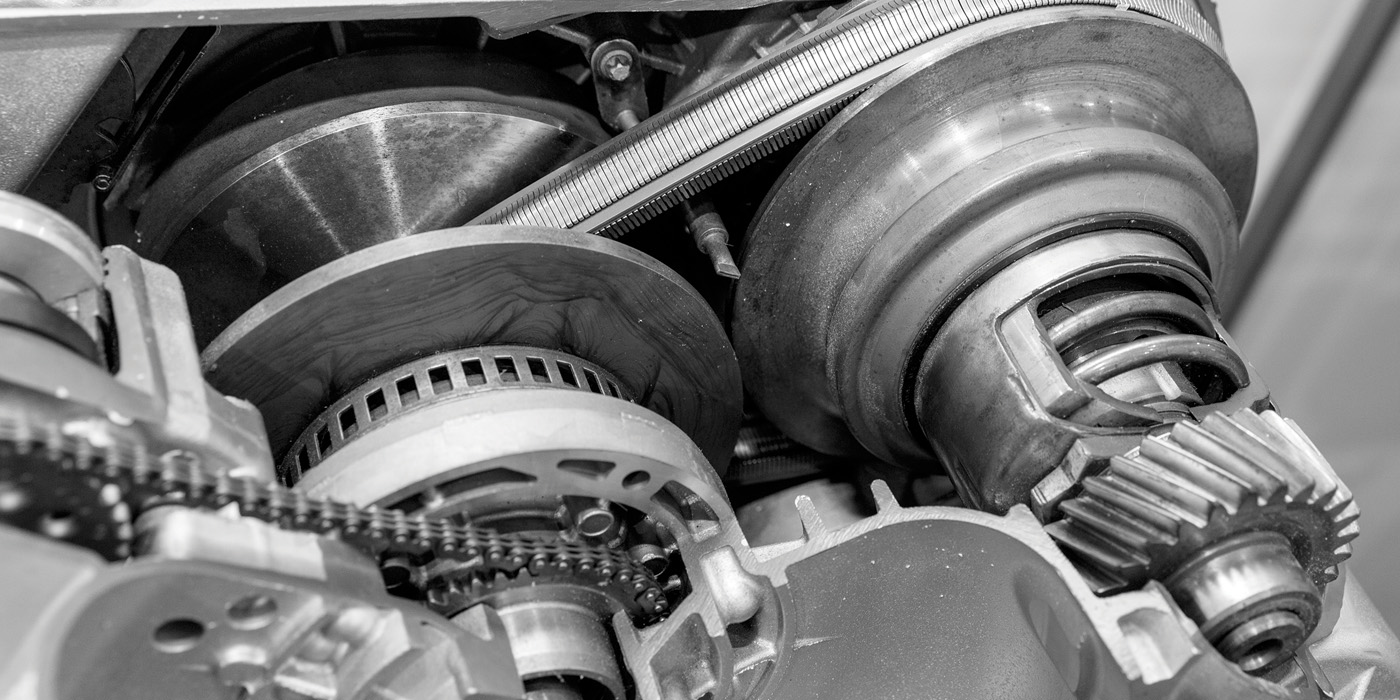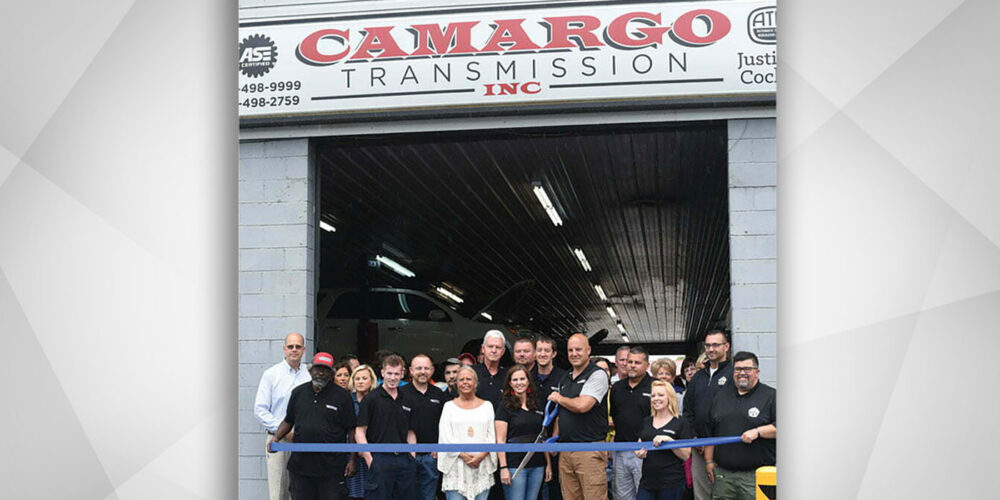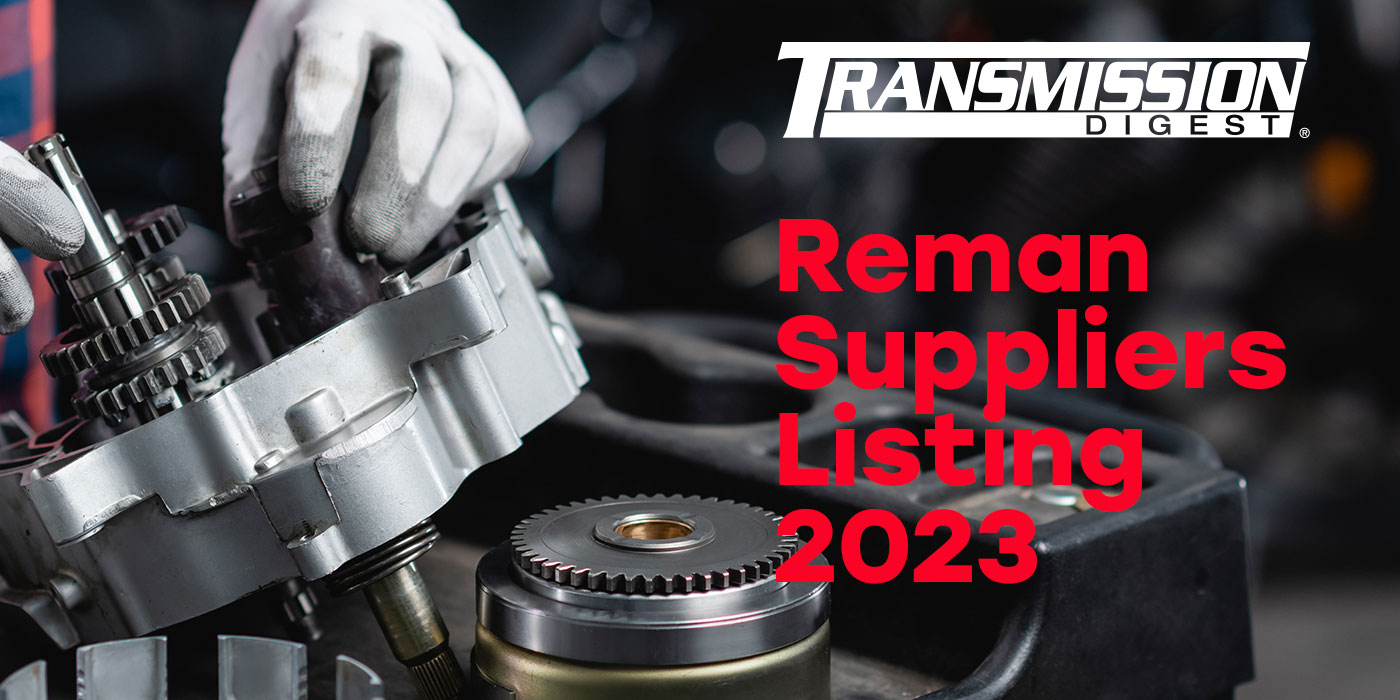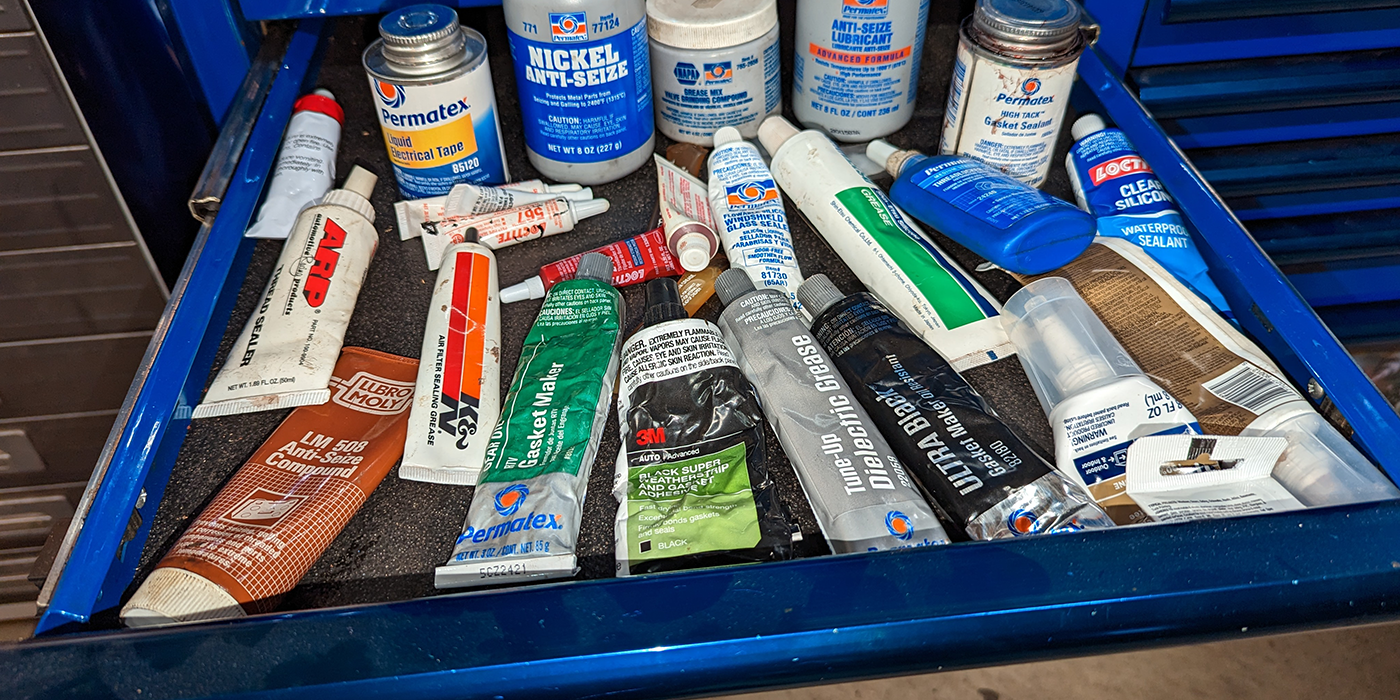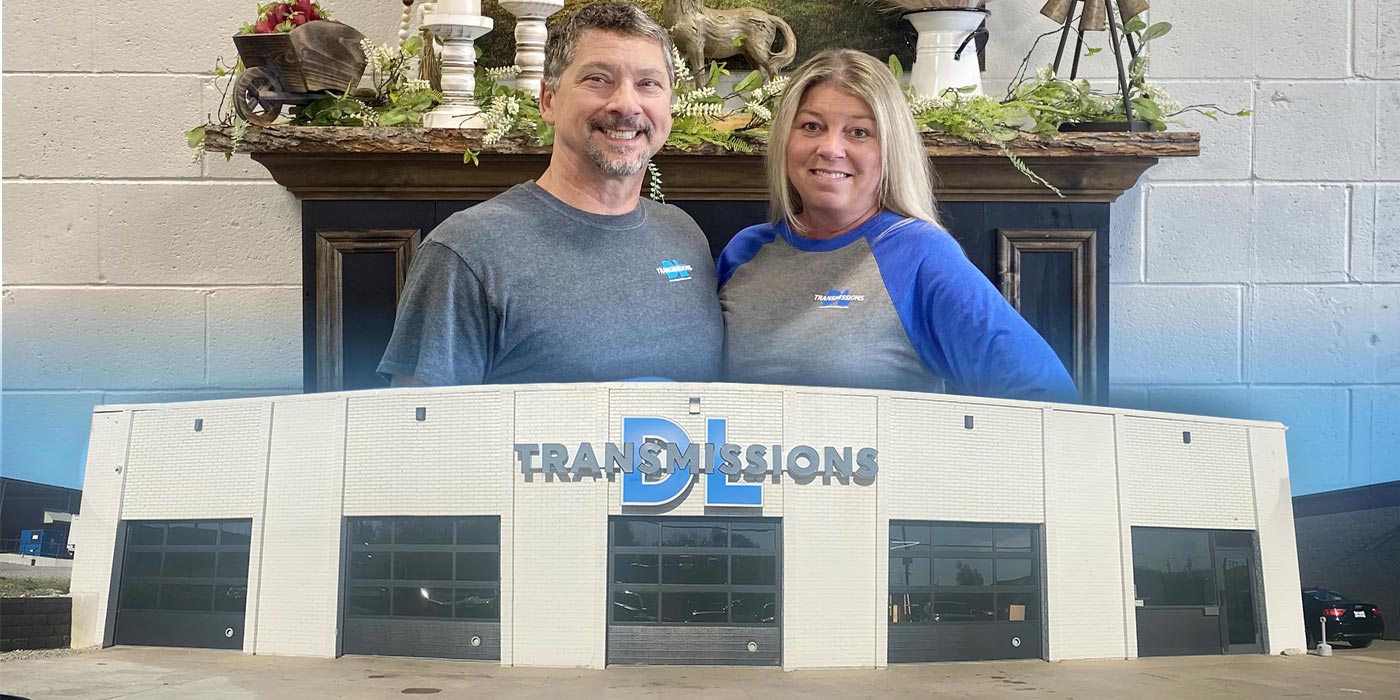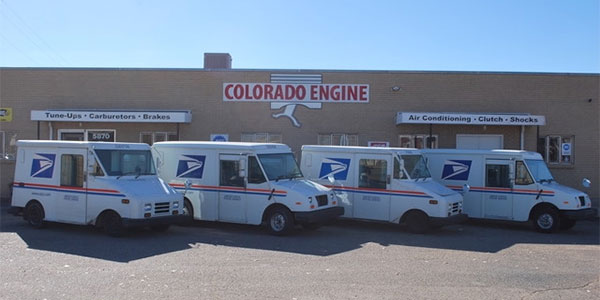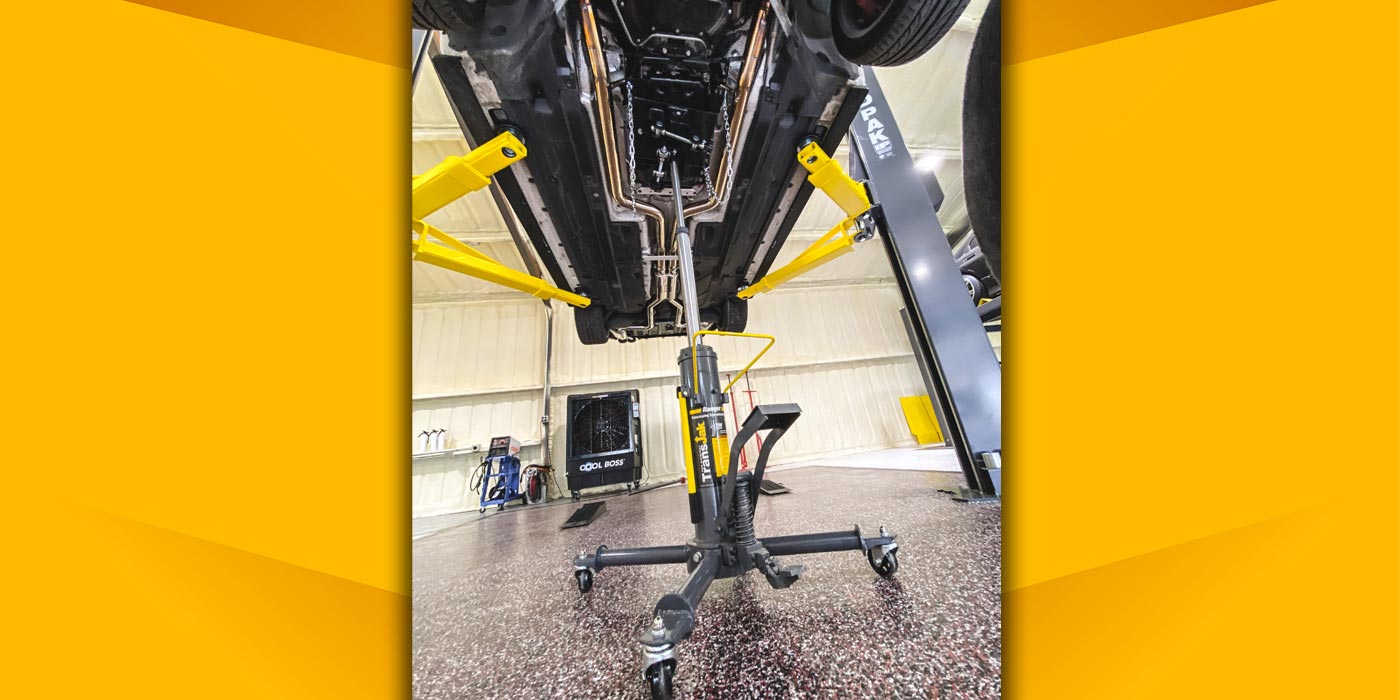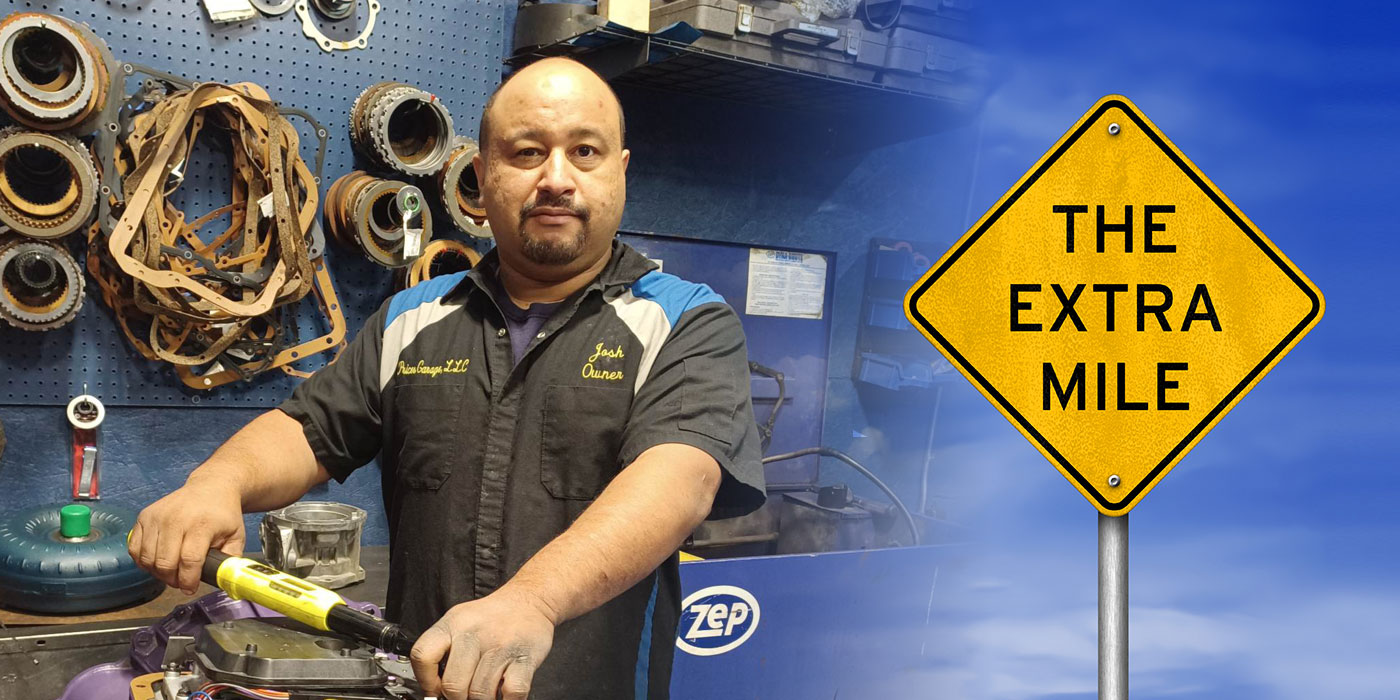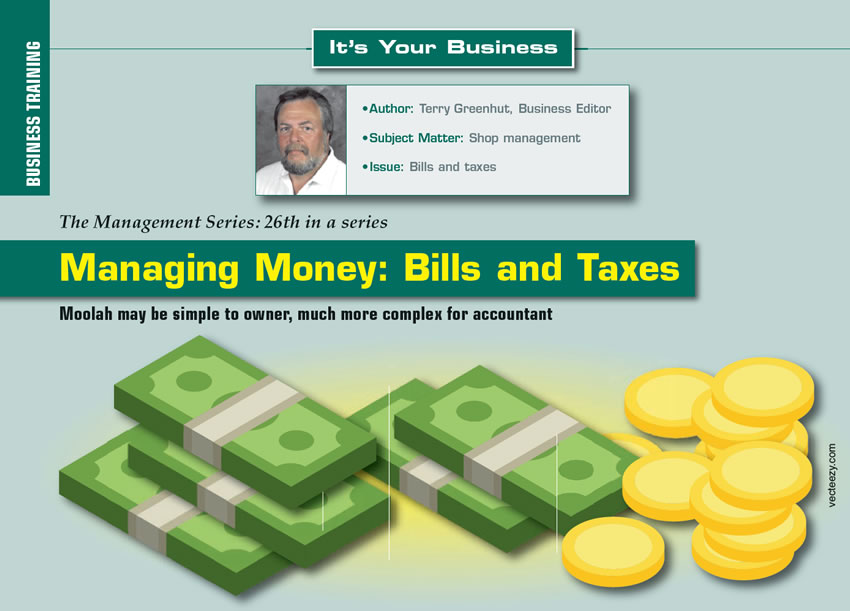
It’s Your Business
- Author: Terry Greenhut, Business Editor
- Subject Matter: Shop management
- Issues: Bills and taxes
The Management Series: 26th in a series
Money comes in; money goes out; sounds simple, doesn’t it? Well, not really. It’s more a question of how much comes in and from what sources, how much goes out to pay all the expenses, and the profit that’s left after all is said and done.
Let’s start with money coming in. Where does it come from? Unless you are renting out part of your garage or have a rich relative who sends you a check every month, the money comes from the sale of the only two things you have to sell: parts and labor. That’s why it is so critical that you price your work properly and do enough of it to cover everything. What do you do with the money when it comes in? Silly question: You put it in the bank of course, but how you deposit it can be important. Many small businesses only keep one checking account. They pay all the bills and payroll from it. Simple, yes: Seems like it on the surface but it goes much deeper than that.
Picture the money coming into that one account as a pie. Every time you pay for anything it’s a slice of the pie, so every month you cut a slice for the rent or mortgage, electric bill, uniform cleaning, the local parts house, your major parts supplier, oil and other fluids, loan payments, and so on. Then there’s the weekly slice, the big one; payroll, and along with it comes the payroll taxes and don’t forget the sales tax that’s usually paid quarterly and is so easy to forget when figuring the budget because the payments are three months apart. It becomes very easy for that big pie to almost disappear every month and in fact, sometimes it does and before everything is paid.
If you can’t pay
Now the scramble, the tension, and the juggling begins. Who should you pay and how much? You start to recut the pie. You ask yourself; “What will the ramifications be if I don’t pay this one or that one. Who will cut me off if I can’t pay the bill in full? Will the landlord throw me out? Will the electric company cut the power? Will the suppliers quit sending me parts or will they demand C.O.D.? What about the payroll? Will the employees let me slide for a week or will they all quit?”
The short answer is: Your landlord probably won’t throw you out until you are at least a few months behind in the rent. The electric company will give you some leeway but will probably want a deposit from you that they will want to hold for several months if not years leaving you with even less operating capital. Your parts suppliers will want C.O.D. plus a piece of what you owe them whenever they deliver parts and ‘NO’ the employees can’t let you slide for any length of time because most of them live paycheck-to-paycheck and need the money to live.
Can’t pay a bill or pay it in full? Make a phone call. Call whomever you owe and tell that person about the situation. Don’t make people chase you or refer you to their collection agency. It’s too easy these days to have your credit rating destroyed. They will ask when you think you will be able to pay. Give them as realistic a guesstimate as you can. See if you can work out some kind of a payment plan if you need to.
Tax collectors
Forget anybody? What about the tax collectors? It’s easy to forget them. They’re the silent killers. They don’t call you every week and say, “Where’s my money?” like suppliers might. They just wait till you owe them enough and then demand it be paid instantly or shut you down with a padlock on the front door. In other words, they don’t babysit you. They expect that you know and pay your taxes on time. They also don’t care about your situation so you can’t schmooze them out of anything like you might be able to do with a landlord or a parts supplier. The tax collector might offer you a payment plan if you ask real nice, but won’t give you a discount.
Payroll taxes are the most important. There will be less tolerance for not paying them than for other types of taxes. Always be mindful of the fact that the amount you withhold from an employee’s salary for taxes and Social Security is not your money. You are collecting it for the government and sending it in. It is the employee’s money except for the matching Social Security funds the employer must contribute. If you don’t send it in you are cheating the employee and the government so neither will be very happy with you.
Sales tax is another example of money you collect to send in that isn’t yours. If you mess around with it and don’t declare all that you’ve collected, there is a good chance you will get audited and wind up paying a hefty fine on top of everything they say you owe. You might be wondering how they would know if you weren’t declaring all of it. They might not know exactly but they do take an average of similar businesses operating in the same general area and if yours shows a lot lower sales than the norm they will want to know why.

Avoid tax audit
A sales tax audit is something that small business owners in general will do an awful lot to avoid because it can turn their world upside down. It wastes their time trying to find all the proof they will be required to show and it can drag on for months. I got the notion many years ago that sales tax audits were triggered by big increases or decreases in sales, especially big decreases. Never wanting to withstand an audit because I knew how costly it might be, I used to do something many business owners would consider insane. If I had a three-month period that was lower than normal, I would still send in about the same amount that I would have in a normal quarter. Maybe I overpaid at times but in all the years I had the shops I never had a sales tax audit so either it worked or it was just coincidence, but I don’t care. It gave me one less thing to worry about.
Some of my friends in the business did have to endure sales tax audits. What they told me was that there are some areas auditors will look at that you wouldn’t expect. For instance, when you have work farmed out to you and you don’t charge the other shop sales tax. That’s OK, but only if you have on file a resale certificate for that shop. You should maintain a binder with certificates from all the businesses you don’t charge sales tax. In states that collect sales tax on parts and labor, you have to remember that someone has to pay the tax on the parts, either you when you buy them or the end users when they pay you for the job. Either way you will need to collect it from the end user.
Here’s an interesting one for you. When you get a comeback and have to buy parts to repair it under warranty you become the end user so in addition to the aggravation and the cost to take care of the problem you also have to pay the sales tax for the parts because you are not reselling them. You are the end user. One of the questions an auditor might ask is, “How much warranty expense did you have?” They’re looking for the sales tax on it. Of course if you never have any major comebacks, this shouldn’t be a problem for you, right?
Separate accounts
To avoid running out of money for payroll and sales taxes, many shop owners open additional checking accounts. Every time they do payroll they deposit the tax and Social Security money in that account at that time. The same goes for sales tax; every week they religiously deposit all the sales tax they collected in the separate account so, when it comes time to pay, they have the money.
Taxed twice
So far all we’ve discussed is paying bills and taxes. There is, however, supposed to be another piece of the pie and that’s the profit. If the shop is doing well there should be money left after everything is paid out. That money goes to the owners to repay them for their investment in the business in time, money and aggravation. I view it as a reward for having the nerve to go into business on their own and for doing a good job of it. I don’t see it as the owner’s salary, but a lot of shop owners must because when you look at their books, you don’t see any mention of them being on the payroll and yet there is a sizable profit to the company. “What’s wrong with that,” you might ask? The business must pay tax on the profit. If the owner then wants to pull money out of the business later, he or she will have to then pay personal income tax on the money, meaning it is being taxed twice.
Owner’s salary
Since most businesses are set up as corporations, the owner doesn’t really own the business; the corporation does. The president, if that’s what the major or only stockholder chooses to call him or herself, only owns stock. If that person, as in most cases, also physically works in the business, he or she should be drawing a salary for doing so. That salary should be the amount the person would be worth to another shop owner who might hire that person to do the same type and amount of work that he or she is then doing. So in my estimation profit comes after the owner’s salary is paid, not before.
When I go out to do consulting for a shop and the owner tells me about the great profit it made last year, I have a big question to ask, “Was that before or after your salary?” If it was after, that’s great. If it was before, I then have to ask the owner, “How do you get your money out?” No matter how they do it they still have to pay tax on it after the company has already paid the profit tax. Another question: If the owner is not receiving a payroll check, is there money going into Social Security for him or her, and can the company write off health insurance premiums for that person if he or she is not an employee?
Those may all be good questions but many of them only have simple answers from an owner’s point of view. An accountant might see them in a totally different light. It’s up to you to figure out what works best for your business.



